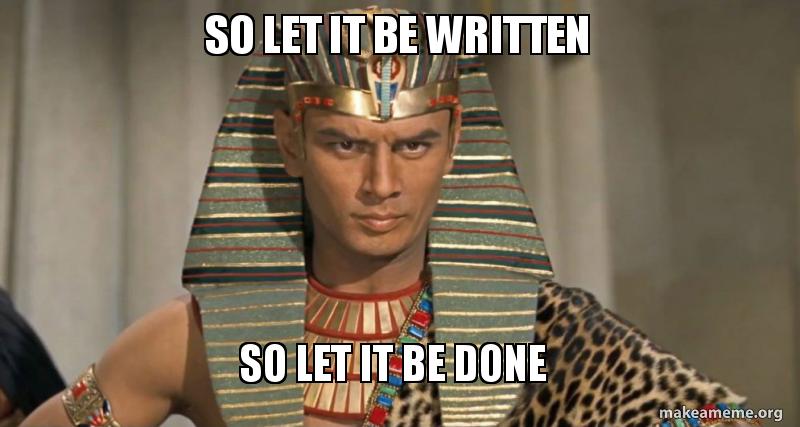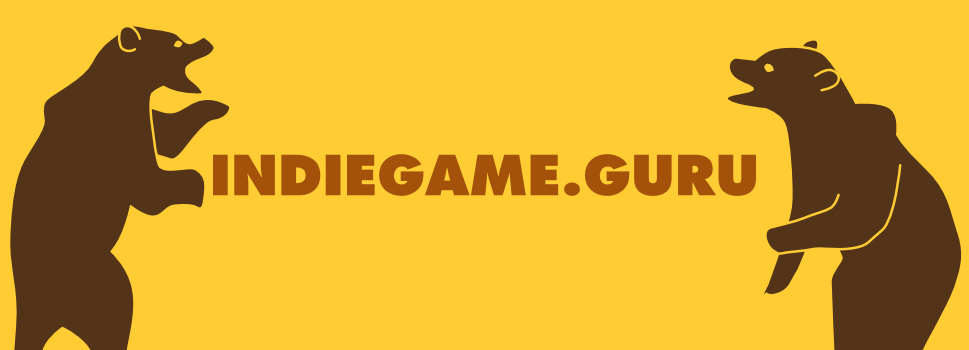Are Indie Games Still Popular?
SemanticsThe guru was asked and the guru will answer: this question goes to the age old question of what even is indie? The fact is that in the 2010s it meant a very specific thing that not many people will talk about, it meant membership in certain social circles. Indie was a tiered hierarchy of people who had better connections and resources, a Pyramid, or a layered ship of different classes of people like the Titanic.
Derek Yu (Spelunky/Tigsource) proposed that the definition of indie should be a small, independently made game. Its a good definition but it never stuck. I hear people talking about Hades (Supergiant Games) or Double Fine (Broken Age) as the indies and those companies have quite deep pockets and big teams, Double Fine now is owned by Microsoft.
The Independent Games Festival, which used to set the standard of what indie meant, has its share of problems, including the fact that the student festival is sponsored by the schools that have students submitting games, as well as one of their senior organizers being called out in the me too movement, and it seems that they clearly don’t want to endorse the big Phil Fishes of the social club anymore so they are more focused on esoteric games that largely represent queer voices that have no real commercial appeal or desire to be commercially appealing.
Then there’s Steam, which in a Faustian way allowed everyone on their platform, great right? Well no. Steam has another kind of hierarchy that is much like the Titanic’s class system or a Pyramid of the superstars at the tip: Flatland. Steam has made it clear they organize their company in a way where everyone determines everyone else’s pay and there are no bosses. This “flat” structure is really bad for indies who want to do more than make hobby games because Steam is incredibly tight lipped about how much visibility your game will get related to how many sales. If you are going to invest a year of full time development into a title, you are going to want some kind of system that tells you how much cash money you are gonna get when you are done. For a while there was “Steam Spy” but Valve quite intentionally shut that down.
So now that the semantics are out of the way, the question: are indie games still popular? I have said that the indie spirit will never die and I stand by that, but to really be popular indie games need to find an identity or voice, and there must be a better negotiation of who gets paid and how much.
I have proposed a more starchy Potato type hierarchy which is more organic than the rigid Pyramids of yore, where people are actually incentivized by the structure to make connections with even people who are not the cool kids. This creates more of a blob. If indies are more inclusive, and willing to communicate openly with one another, that will help define the voice of the movement.
In terms of negotiating pay, I still have no idea how to do that. It should not be zero sum or winner take all where the big boys get zillions and the little losers get zip, there should be a more organized way to know that your work is going to be seen.

